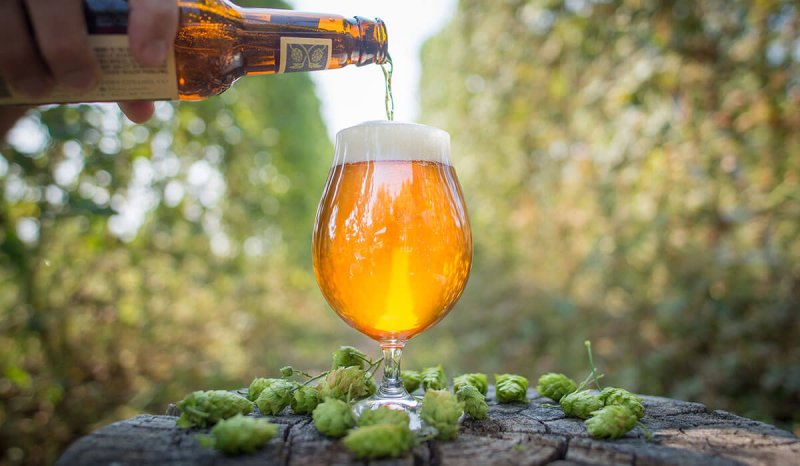Whether it’s grape juice or liquid malt, yeast is essential in converting sugary liquids into alcohol, to produce the final beverages of wine and beer.
…
All kinds of fermentation beverages start out with just some sugar solution,’ said Professor Ursula Bond, a molecular biologist at Trinity College Dublin, Ireland. ‘The yeast converts those sugars into alcohol.’
…
‘There is always a desire for new varieties. That’s why the craft beer industry has become so popular,’ said Prof. Bond who is also the coordinator of Aromagenesis, a project looking at yeast genes to extract even more flavors for beer and wine.
…
They will use a technique called thermal stress adaptive evolution. It works by putting yeasts with promising taste profiles under heat stress which can recreate the conditions for natural selection, but for specific traits ….
…
‘The approach is to try do things naturally rather than going down the route of genetic modification which is not acceptable at the moment to the consumer,’ said Prof. Bond.
Despite this, genetic modification is still a useful tool to reveal new flavors. Elsewhere in the project they are using CRISPR, a genome-editing technique, to deconstruct and better understand which genes in yeast produce specific flavors.
Read full, original article: Scientists Speed Up Yeast Evolution to Create All New Alcohol































